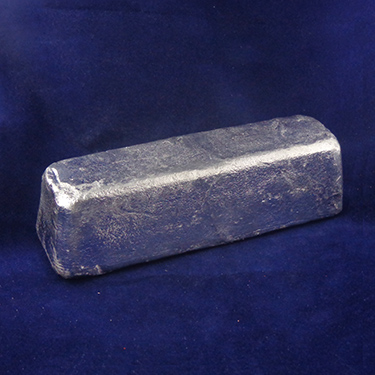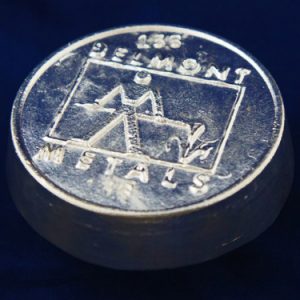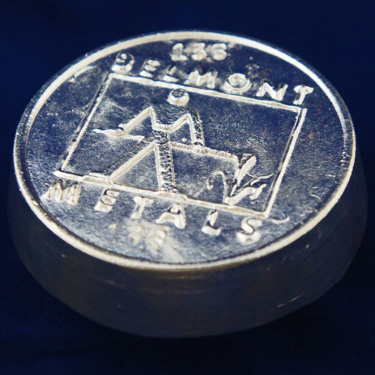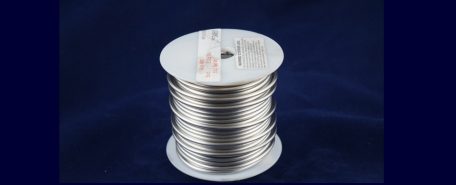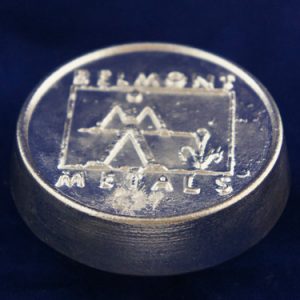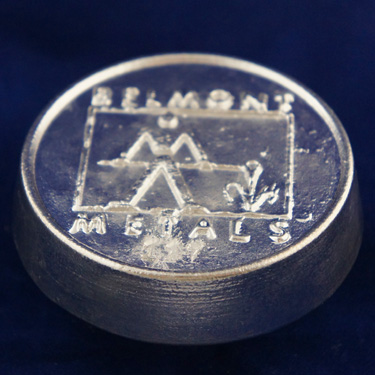Low melting alloys are commonly used throughout the manufacturing process to help create products or placed inside of products for a specific function. These alloys melt and flow at very low temperatures depending on the composition of the base metals and additive metals. A common low melting base metal may consist of bismuth at higher…
RELATED POSTS

Benefits of Minor Metals for Your Manufacturing Business
Using minor metals from Belmont Metals in Brooklyn, NY can greatly improve your manufacturing process. These metals are often added to master alloys to improve certain desirable properties. For example, electrolytic manganese is often added to steel, aluminum and copper master alloys in order to increase the metal’s ferromagnetic properties. Types of Minor Metals and…

